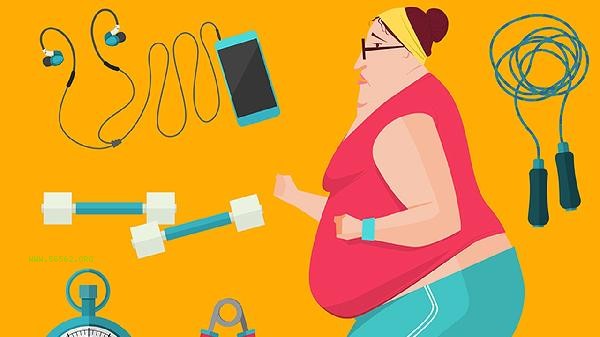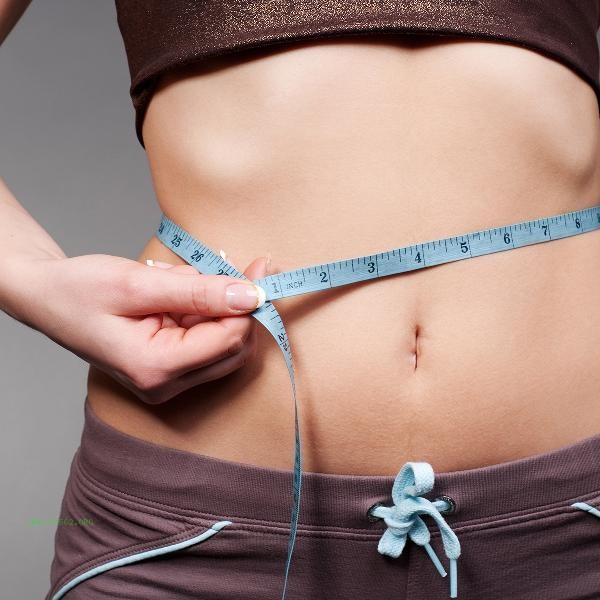Not eating dinner during weight loss may lead to metabolic disorders and nutritional imbalances. Scientific weight loss should focus on calorie control throughout the day rather than a single meal. Missing dinner can easily lead to five major problems: overeating, muscle loss, blood sugar fluctuations, decreased basal metabolism, and gastrointestinal dysfunction.

1. Risk of binge eating:
Continuous fasting for more than 12 hours can stimulate the secretion of ghrelin, making it easier to consume excessive high calorie foods for breakfast the next day. The human body's craving for high sugar and high-fat foods increases by 47% when in an extremely hungry state, which in turn leads to excessive total calories throughout the day. Regular meals combined with moderate dinner can stabilize appetite and regulate hormone levels.
2. Accelerated muscle loss:
Not eating for 8-10 hours at night will break down muscle protein for energy supply. Research shows that people who skip dinner experience 32% more muscle loss during the weight loss period compared to those who eat normally. Retaining muscle is crucial for maintaining basal metabolism, as each kilogram of muscle can burn an additional 13 calories per day.
3. Increased blood sugar fluctuations:

An interval of more than 18 hours between lunch and breakfast the next day can easily lead to reactive hypoglycemia. The body enhances the tendency of fat storage to maintain stable blood sugar levels, while also inducing discomfort symptoms such as dizziness and palpitations. Moderate intake of low GI dinner such as coarse grain Congee helps to stabilize the blood glucose curve at night.
4. Decreased metabolic rate:
Long term skipping of dinner can trigger a "famine mode" in the body, reducing the basal metabolic rate by 15% -20%. The temperature regulation center reduces energy consumption by lowering the core temperature, and this adaptive change can lead to an earlier onset of the subsequent weight loss plateau period.
5. Digestive dysfunction:
Continuous secretion of gastric acid without food neutralization may lead to gastritis, and bile concentration can easily form stones. The gut microbiota requires dietary fiber to maintain activity at night, and a lack of dinner supply can reduce the number of probiotics by 40%, affecting the regularity of bowel movements the next day.

It is recommended to limit dinner to 300-400 calories and eat it early until 18-19 pm, preferably using high protein and low-fat ingredients such as steamed fish and braised beef with dark vegetables. The cooking method should avoid frying and use low oil methods such as steaming and mixing. 30 minutes after meals, low-intensity activities such as walking can promote digestion. Special groups such as diabetes patients need to develop personalized dinner programs under the guidance of nutritionists, especially during pregnancy or recovery after surgery. Long term scientific diet combined with exercise can form a sustainable weight loss model.




Comments (0)
Leave a Comment
No comments yet
Be the first to share your thoughts!